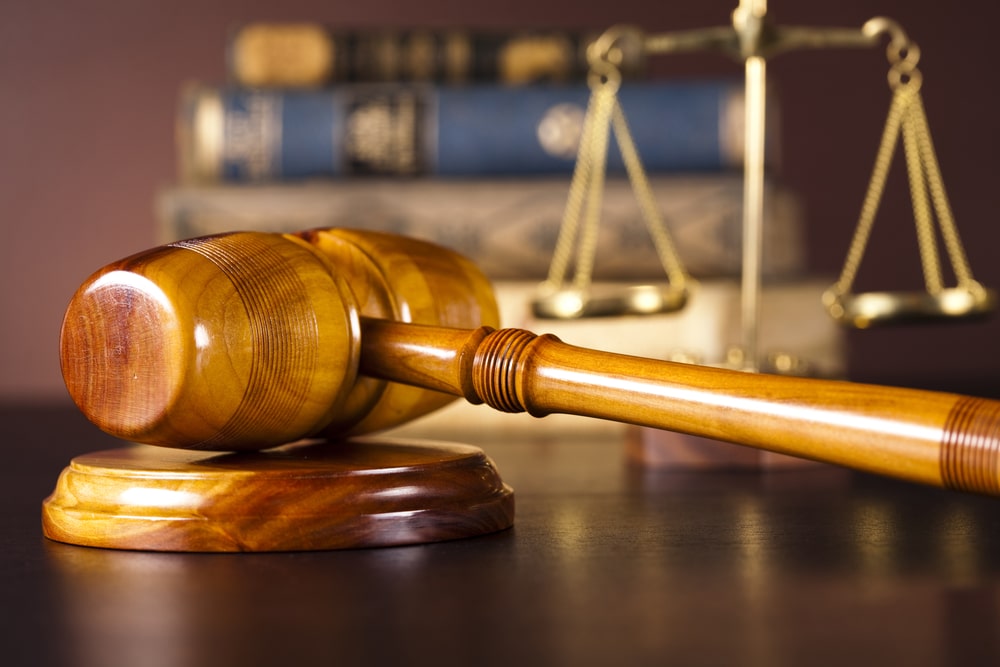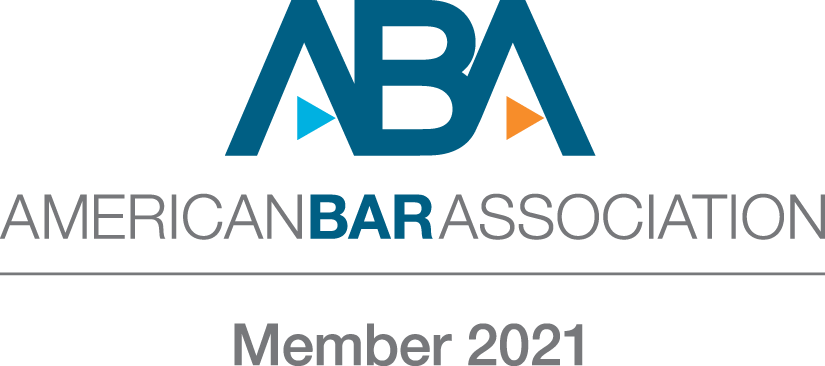The start of the journey when filing for Chapter 13 bankruptcy is to regain financial control. Once your bankruptcy case is completed, rebuilding your credit becomes a crucial part of moving forward. Chapter 13 bankruptcy gives you the opportunity to manage your debts more effectively, but it also impacts your credit report. Taking proactive steps after completing bankruptcy can help you gradually improve your creditworthiness. A Chapter 13 bankruptcy lawyer can guide you through the legal process, but it’s essential to know what to do once your case is discharged.
Review Your Credit Report
The first step to rebuilding your credit after bankruptcy is to review your credit report for accuracy. After your Chapter 13 discharge, make sure that your debts are marked as discharged, settled, or paid as agreed. Any incorrect information on your credit report can hinder your progress, so it’s important to dispute any errors with the credit reporting agencies. Regularly checking your report helps you stay on top of your progress and ensures that the information reported is accurate.
Create A Budget And Stick To It
When starting fresh, it will be important to put together a budget that aligns with your new financial goals. A budget helps you keep track of your income, expenses, and savings. By sticking to a budget, you’ll not only avoid accumulating new debt but also demonstrate to potential lenders that you have financial discipline. Lenders will look at your current financial habits when deciding whether to extend credit, so a clear and consistent plan can make a significant difference.
Build Positive Credit
Rebuilding credit doesn’t happen overnight, but there are several ways to start creating a positive credit history. One method is applying for a secured credit card. A secured card requires a deposit that acts as collateral, making it less risky for the lender. As you make timely payments on your secured card, this activity is reported to the credit bureaus, helping to boost your credit score over time.
Another option is a credit-builder loan. These small loans are specifically designed to help individuals improve their credit scores. The lender holds the loan amount in a savings account, and you make payments on the loan. Once the loan is paid off, you receive the money, and your responsible payments are reported to the credit agencies.
Make Timely Payments
Payment history is one of the most significant factors that impact your credit score. Making on-time payments on any remaining debts, credit cards, or new accounts is essential for rebuilding your credit. Even a single missed payment can negatively affect your score, so setting up reminders or automatic payments can help you stay on track. Each payment you make on time builds trust with lenders and shows that you are committed to managing your finances responsibly.
Avoid Taking On Too Much Debt
While it’s important to build credit, it’s equally important to avoid taking on too much debt too soon. Overextending yourself financially can lead to more problems, and it may be harder to recover from new debt after bankruptcy. Focus on using credit wisely and only borrow what you can afford to repay. Lenders will notice responsible borrowing habits, which will work in your favor as you continue to rebuild your credit.
Be Patient And Persistent
Rebuilding your credit after Chapter 13 bankruptcy takes time and persistence. The bankruptcy will remain on your credit report for up to seven years, but the impact on your score lessens over time, especially as you demonstrate responsible financial behavior. It’s important to stay patient and continue working towards your long-term financial goals. With each step, your credit will improve, making it easier to qualify for better loans, credit cards, and financial opportunities in the future.
Staying On Track For Long-Term Financial Recovery
While it’s achievable to rebuild your credit after Chapter 13 bankruptcy, a plan, discipline, and persistence is necessary. By reviewing your credit report, creating a budget, building positive credit, and making timely payments, you can gradually improve your financial standing. Avoiding excessive debt and staying patient will further support your efforts as you work towards stronger credit. Attorneys like those at Pioletti Pioletti & Nichols can attest that rebuilding after bankruptcy is a challenge many individuals successfully overcome with time and dedication.


